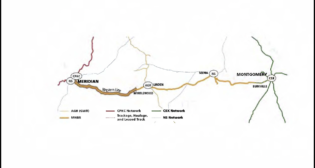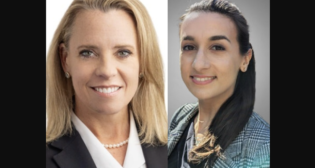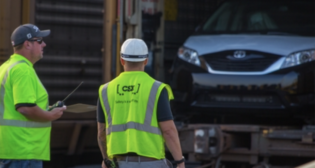
NTSB’s Top Cop: ‘Accept Fact-Based Science or Hit the Road, Jack’
Written by Frank N. Wilner, Capitol Hill Contributing Editor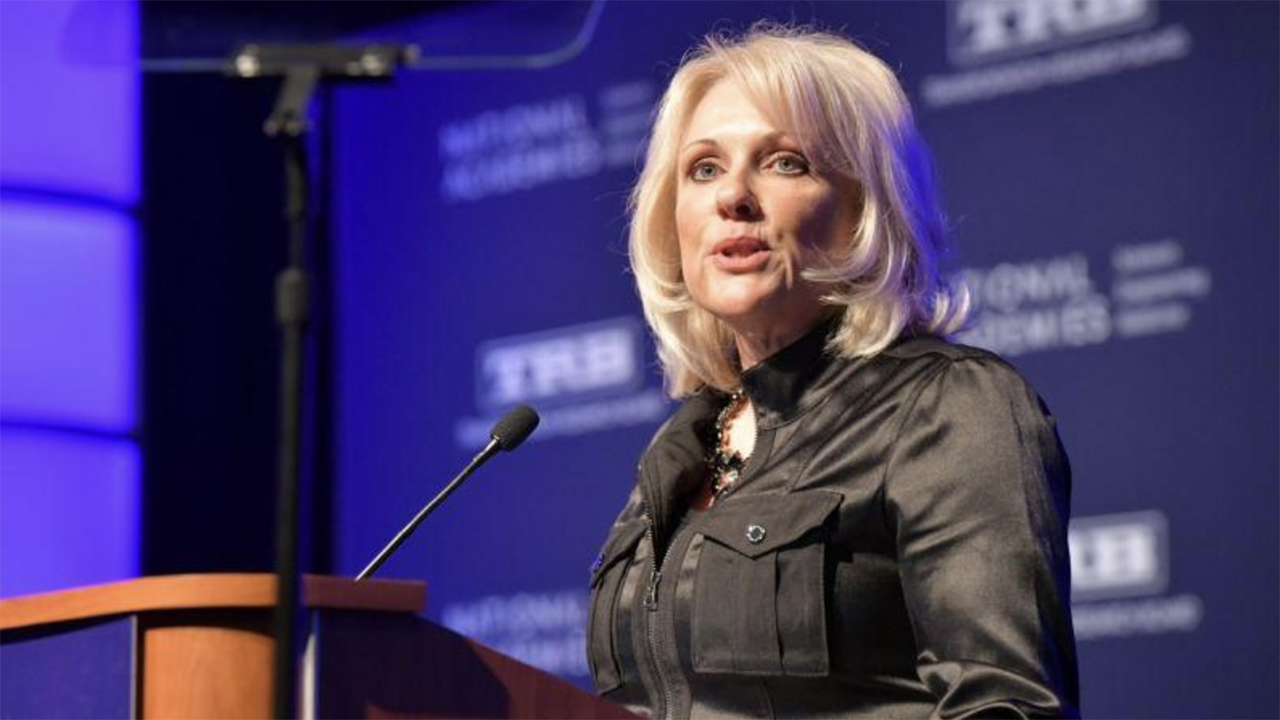
Jennifer Homendy
WATCHING WASHINGTON, RAILWAY AGE, MARCH 2024 ISSUE: National Transportation Board (NTSB) Chairperson Jennifer Esposito Homendy can be a pain in the neck, and elsewhere. Celebrate that tenacity. It assuredly saves what cannot be calculated—injuries not suffered and lives not lost in preventable transportation mishaps.
Later this year, Homendy will lead the five-member Board in reporting unvarnished results of NTSB’s exhaustive investigation into the causes of Norfolk Southern’s horrendous Feb. 3, 2023 East Palestine, Ohio, derailment and fiery hazmat release while recommending improvements to safe train operations.
Surely unsurprised at Homendy’s reputation for transparency and steadfast adherence to just-the-facts conclusions is an equally strong-willed career civil servant—her father, Sante Esposito. At different times, father and daughter served Democrats on the House Transportation and Infrastructure Committee (T&I)—Esposito, retired since 1998, as chief legal counsel; Homendy, from 2004-2018, as Democratic staff director for the Subcommittee on Railroads, Pipelines and Hazardous Materials.
A two-time President Trump nominee, she was Senate-confirmed to an NTSB vacant seat in July 2018 and in 2019 for a full five-year term. President Biden nominated her for a three-year term as chairperson in 2021 for which she was Senate-confirmed. Both terms expire this year, although NTSB’s statute allows incumbents to remain until renominated and reconfirmed or a successor is seated.
The five-person Board currently has two vacant seats for which Biden nominees—Democrat Alvin Brown and Republican J. Todd Inman—are awaiting Senate confirmation. Other NTSB members are Democrat Thomas B. Chapman and Republican Michael E. Graham. At the independent (from Executive Branch) NTSB, members are expected to check their political leanings at the front entrance.
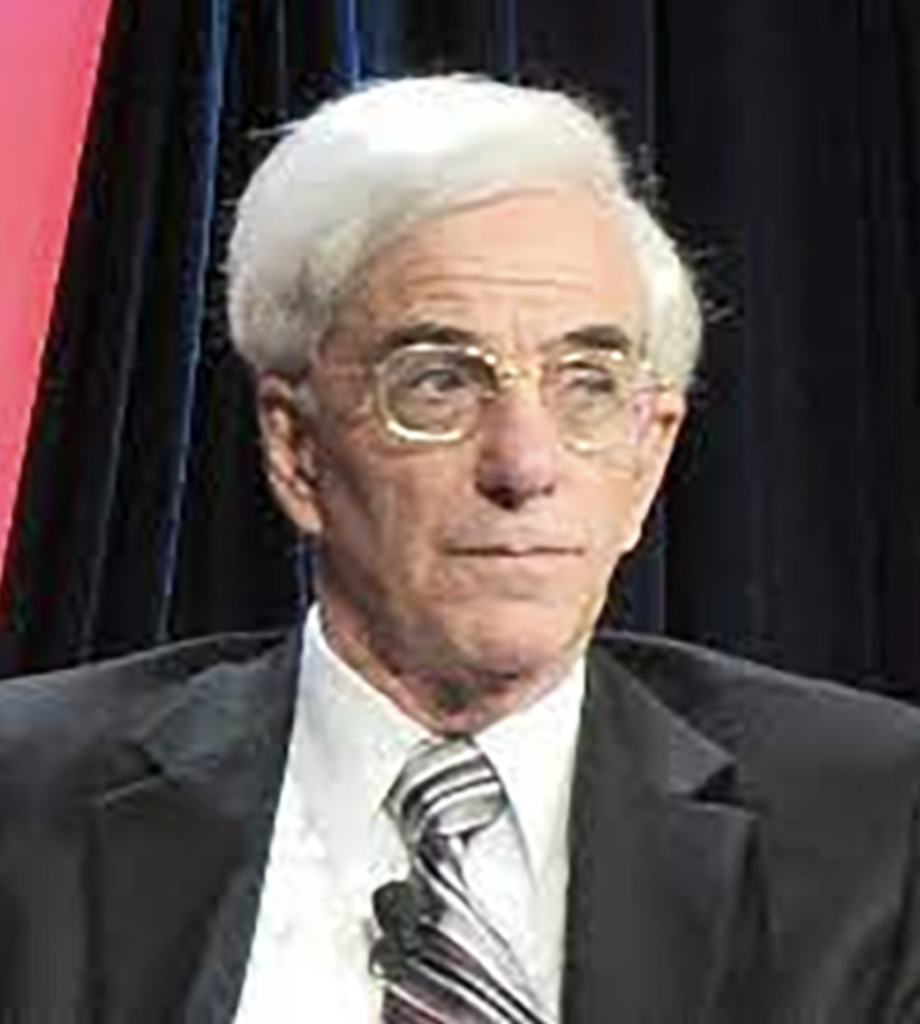
To those longer of tooth and knowing Homendy and her father, an Esposito family trait is suffering poorly the too-often issue-shallowness of corporate lobbyists overpopulating Capitol Hill. Add to this feature Homendy’s resolute skepticism of corporate types proclaiming safety a highest priority despite Wall Street’s profit obsession that shunts safety to second banana status.
Nor is Homendy to be intimidated. At a January congressional oversight hearing into rail safety, Association of American Railroads President Ian Jefferies ineptly sought to monopolize the record by beginning to answer a lawmaker’s question intended for Homendy. Abruptly, she cut him short: “This question is for me and I’d like to answer it.”
Safety concerns pervade her being whether riding motorcycles or bicycles, training for triathlons, surviving without serious injury a violent rear-end highway collision, having a relative killed in a grade-crossing collision, earning international firefighter certification in hazmat training, working toward a private-pilot’s license, or quizzing her daughter’s school leadership on bus safety. In her “spare time” she is working toward a master’s degree in transportation safety administration.
During high school, she worked in Georgia Republican Newt Gingrich’s House office, sharing over dinner with family congressional events of the day. “Just because I work for the Democrats, doesn’t mean you should. Figure out who you are,” her mother and father counseled as she pursued a Penn State degree in humanities. In college, she worked for Sen. Arlen Specter (R-Pa., who later switched to the Democratic Party), and, after college, she worked briefly for Rep. Lamar Smith (R-Tex.).
Post-college government affairs experience with two trade associations—the National Federation of Independent Business (NFIB) and American Iron and Steel Institute—provided Homendy with her first regular paychecks and hands-on understanding of the role of lobbying and money in politics.
Her first test in figuring out who she is came in 1997 in a job interview with the American Federation of Labor’s Transportation Trades Department. How could the child of bluer-than-blue Democrats have worked on behalf of Newt Gingrich, who opposes child labor laws; or toiled for a trade group—NFIB—that opposes minimum wage laws and instructs small business on thwarting union organizing?
Her successful answer was her typical straight-forward approach: “Getting to know Republican arguments [makes me better able to craft organized labor’s legislative strategy].”
Teamsters President James P. Hoffa Jr. similarly recognized Homendy’s background value, recruiting her in 1999 to research and write on international trade issues. Her growing resume led to her hiring in 2004 as Democratic staff director for the Subcommittee on Railroads, Pipelines and Hazardous Materials, succeeding Frank Mulvey, who had been Senate-confirmed to the Surface Transportation Board. Full immersion in rail legislative issues followed.
Within three years, T&I’s most senior Democrats—Minnesota’s Jim Oberstar, West Virginia’s Nick Rahall and Oregon’s Peter DeFazio—gave Homendy liberty to draft and help negotiate what became the most significant rail bills of the decade: the 2008 Rail Safety Improvement Act, mandating implementation of Positive Train Control, limiting train crew hours of service and tightening training standards; and the 2008 Passenger Rail Investment and Improvement Act (PRIIA), instructing the Surface Transportation Board to establish metrics and standards for Amtrak passenger trains hosted on freight railroad tracks.
By 2017, Homendy’s name—based on her increasing grasp of highway, maritime, pipeline and rail safety issues—was well-known across Capitol Hill. When asked if she would be interested in a DOT appointment, she rejected the opportunity—choosing to stay with the new Chair, Peter DeFazio: “No, I’m into safety.” Her goal, an NTSB appointment, soon followed.
Senate confirmation quickly followed Homendy’s NTSB nomination. Since her elevation in 2021 to chairperson, she has become a familiar face on television news following major transportation accidents—swatting away speculation; defending the sluggish nature of diligent science-based investigation.
She can be provoked, as she was when Jefferies sought to monopolize a congressional-hearing microphone. Elsewhere, in a quiet evening setting amidst sips of hot tea, came a high-decibel “damn right, it’s possible” response to a question of whether zero transportation fatalities are attainable. It’s accomplished, she said, through NTSB “investigations and recommendations that, if implemented, would prevent injuries and save lives.”
“Accidents caused by human factors constitute the largest category [in rail]. Those who rely on human error as [an accident’s] cause aren’t seeing the full picture. Are federal regulations adequate to protect the public? Are [rail suppliers] doing enough? Is management doing enough?”
That NTSB has no statutory authority to implement its recommendations is not troubling, Homendy said, as modal agencies such as the Federal Railroad Administration (FRA) “can determine if and how to implement them, ask for reconsideration or choose an alternative.” Frustration is perceivable, however, as almost 200 NTSB rail safety recommendations either await action by DOT and FRA, or were “closed with unacceptable [to NTSB] action.”
On Capitol Hill, where “no comment,” or “I’ll get back to you” is the verbal currency of legions of decision makers skulking from accountability, Homendy accepts that the “buck” stops at her desk. Among her shared convictions:
- “Accidents caused by human factors constitute the largest category [in rail].”
- “Those who rely on human error as [an accident’s] cause aren’t seeing the full picture. Are federal regulations adequate to protect the public? Are [rail suppliers] doing enough? Is management doing enough?”
- “Everybody who could possibly have prevented an accident has a duty to take action to prevent that from happening again.”
- “We recommend freight railroads [as are passenger railroads] be required to install inward-facing cameras and collect 12 hours of continuous audio and video.”
- [Training of conductors and engineers] “should be on equipment that they will use and on the exact territory where they will be operating.”
- “Technology is a game changer when it comes to safety, but it should be used to supplement humans, not to supplant them.”
- “NTSB has no position on minimum crew size. We told FRA to collect data.”
- “We should all strive for shifting passenger and freight transportation from our deadly roadways to far safer modes, like rail.”
- “We recommend that that FRA include union participation in its accident investigations [as does NTSB].”
- “Grade crossings are among the deadliest spaces in our rail system … the rate of collisions per million train-miles has increased by 34% over the past decade.”
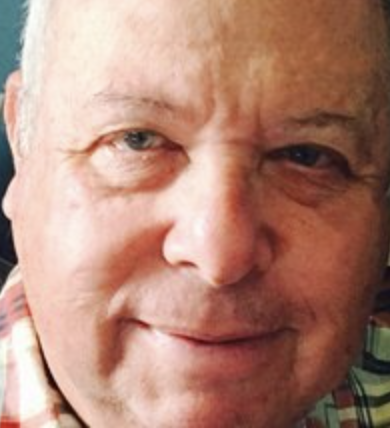
If there is a maxim to be posted above the entry to the NTSB chairperson’s office suite, it might be words of Roman poet Virgil (70-14 B.C.): “Fortunate is he who understands the cause of things.”
Wilner’s new book, Railroads & Economic Regulation, is available from Simmons-Boardman Books at www.transalert.com, 800-228-9670.
